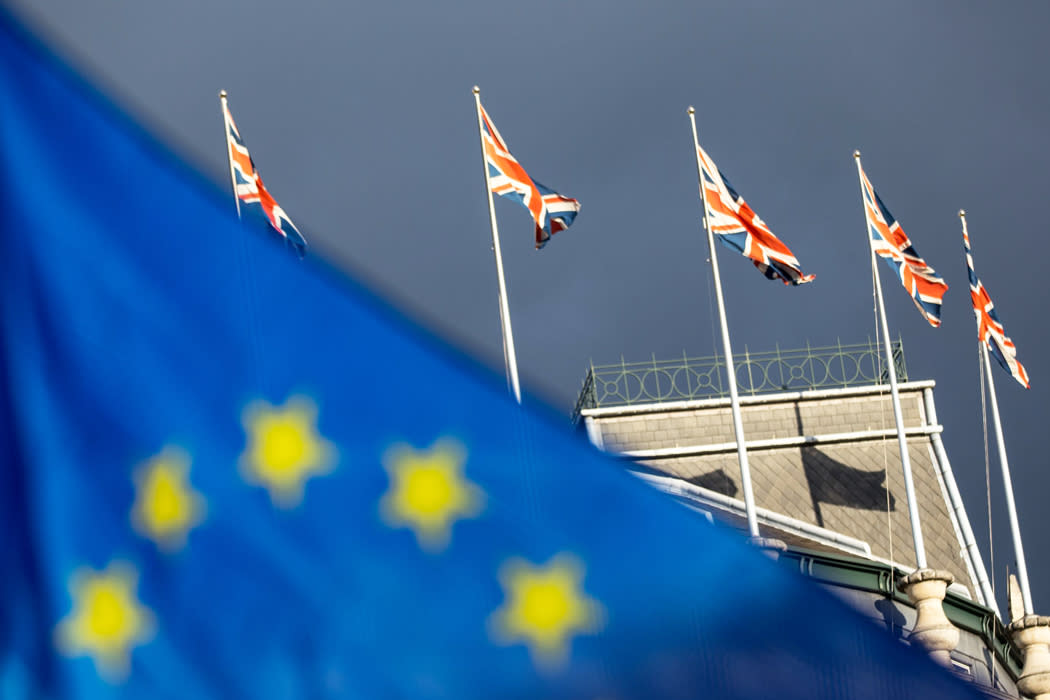'Little evidence' Russia influenced Brexit vote through social media, study finds

There is little evidence to suggest Russia influenced the Brexit result through social media, an academic study has found.
The Oxford Internet Institute, part of Oxford university, says that, despite the Kremlin exploiting Twitter and Facebook during the 2016 US election, it is not clear it meddled in the EU Referendum.
MPs asked social media companies for details after suspicions were raised that Russia moved to influence a Leave vote in attempt to destabilise Europe.
But, the study, which examined nearly 3,000 Twitter accounts previously linked to Russia, found little evidence of interference.
Examining two weeks of tweets in June 2016, shortly before the June 23 referendum, the study found that only 84 of the identified Russian accounts posted about the referendum.
Russian bots generated only 6,734 tweets or retweets, it said.
Last week, Facebook also said that it had found no evidence of significant Russian advertising on its platform around Brexit.
Twitter also said it had examined accounts “previously identified as likely funded from Russian sources.”
The company said it found only one of those accounts that promoted content about Brexit in the two months before the referendum.
This was the Twitter account of Russia’s English-language news network, Russia Today.
Damian Collins, the British politician leading the inquiry, said Twitter’s analysis was “completely inadequate”.
According to the research, 0.6 per cent of the links shared via tweets with Brexit hashtags were to known Russian sources.
On YouTube, about 1.4 per cent of the videos were linked to Russian news sources, over the same period.
Google said it had found no evidence of Russia-funded activity before the Brexit vote.
The account (@RT_com) spent $44,615.87 on advertising to users in Britain, and only $1,031.99 of that in the two months before the referendum, according to the New York Times.
Vidya Narayanan, a researcher at the Oxford Internet Institute’s computational propaganda project, said that its report showed there was no “significant Russian activity”.
We’ve tried to collect accounts from very different sources. It is important that we have found there seems to not be much Russian activism with Brexit,” she said.
She said that Russia may not have had as much time to prepare for the EU Referendum as it did the US election.

 Yahoo News
Yahoo News 
